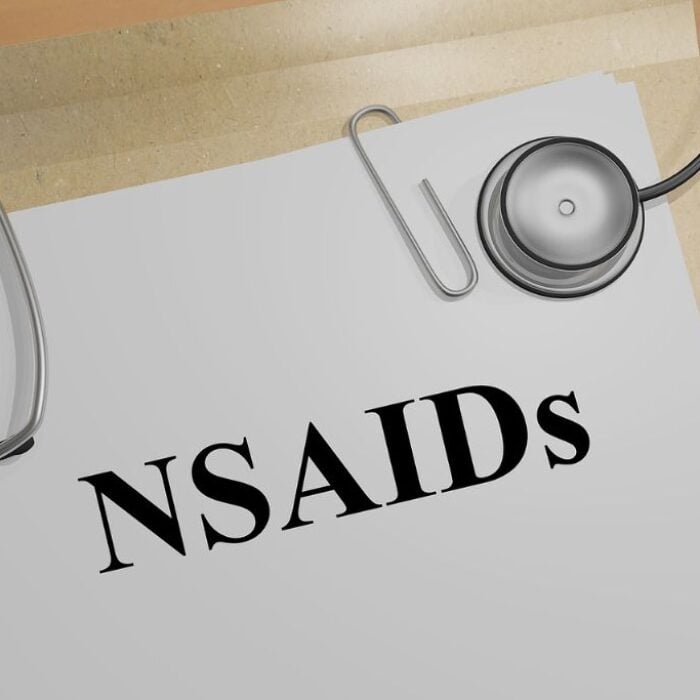How Injury can Lead to Painkiller Abuse
It’s a common scenario: You or someone you love is injured at work, involved in a car accident, has a chronic pain condition, or undergoes a surgery. After the incident, a doctor prescribes pain medication. For a while, it helps. You’re recovering well, and you feel more like yourself. But after a while, you keep taking the medication, even after your injury or surgery has healed, sometimes at a higher dose than you were initially prescribed. Nobody decides to become dependent on prescription pain pills, but it does happen, and it happens quite subtly. So how does it happen? Read on to find out more.
Prescriptions are Simply More Available
Part of the issue is that doctors are prone to prescribing medication and sending you on your way. If you’re injured, you do truly need a pain management medication. However, because it’s so easy to refill a prescription and tell your doctor that you’re still experiencing pain, it’s easy to have a constant supply of drugs that simply make you feel better.
It’s Hard to Predict
There’s no blood test to see if you or someone you love is susceptible to becoming dependent or addicted to opiates. If there was, perhaps doctors would be more willing to offer alternative methods of pain management rather than turning straight to painkillers. But often, patients aren’t even aware that they are at a higher risk of becoming dependent, whether through a brain primed for addiction, or a history of abuse. Because of this, they take their doctors’ advice, and take the prescription, and easily develop a dependency to recreate the happy and pain-free feelings associated with opiates.
Injuries are Painful!
Most of the time, a prescription for pain medication is completely legitimate and valid. Whether it’s a surgery, injury, or chronic pain, the pain is real, and needs to be managed. Painkillers are great for this, and really do provide relief for many sufferers who take the medication. However, because it’s so easy to keep taking the pills after the injury has healed, a painful back surgery may require high amounts of opiate painkillers, and then a dependency forms after the patient has healed. The pain is real, but the dependency continues long after the injury has healed.
Does this mean that you should never take a pain medication, or allow your loved ones and family members to take pain medication? Absolutely not. When taken correctly, in the right dosage, and with medical supervision, painkillers are extremely effective in managing various conditions. But it’s important to stave off dependency with medical involvement through the whole process, so that you and your family can prevent a dependency before it happens.
Understanding the Interaction of Tramadol and Ibuprofen for Pain Management
Pain management is a critical component of healthcare, particularly when addressing conditions that involve both pain and inflammation. Two commonly used medications in this regard are Tramadol and Ibuprofen....













